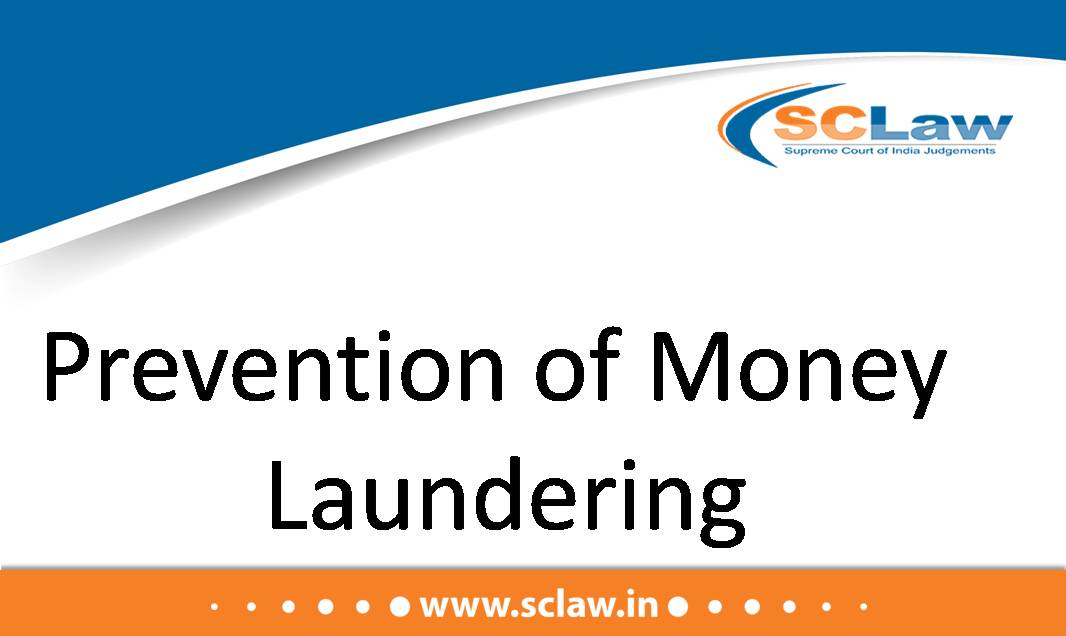Hindu Succession Act, 1956 – Sections 6 – Devolution of interest in coparcenary property – In order to ascertain the shares of the heirs in the property of a deceased coparcener, the first step is to ascertain the share of the deceased himself in the coparcenary property and Explanation 1 to Section 6 provides a fictional expedient, namely, that his share is deemed to be the share in the property that would have been allotted to him if a partition had taken place immediately before his death – Once that assumption has been made for the purpose of ascertaining the share of the deceased, one cannot go back on the assumption and ascertain the shares of the heirs without reference to it, and all the consequences which flow from a real partition have to be logically worked out, which means that the shares of the heirs must be ascertained on the basis that they had separated from one another and had received a share in the partition which had taken place during the life-time of the deceased.
SUPREME COURT OF INDIA DIVISION BENCH DERHA — Appellant Vs. VISHAL AND ANOTHER — Respondent ( Before : C.T. Ravikumar and Sanjay Kumar, JJ. ) Civil Appeal No. 4494 of…
Societies Registration Act, 1860 – Section 15 – Defaulting Member – Notice for meeting of election – A clear reading and interpretation of the proviso to Section 15 of the Societies Registration Act, 1860 would disentitle such defaulting members from being given any notice even if their membership was not terminated or ceased – However, the effect of the proviso to Section 15 of the Registration Act which admittedly is applicable to the Society, the Objectors have to be treated as suspended members and therefore, would not be entitled to any notice as they had no right to vote or to be counted as members.
SUPREME COURT OF INDIA DIVISION BENCH ADV BABASAHEB WASADE AND OTHERS — Appellant Vs. MANOHAR GANGADHAR MUDDESHWAR AND OTHERS — Respondent ( Before : Vikram Nath and Ahsanuddin Amanullah, JJ.…
Penal Code, 1860 (IPC) – Section 302 read with 34 and 120B – Murder – Conspiracy and homicide – Recovery of Body from the Pond – The appeals challenge the High Court’s dismissal of the appellants’ criminal appeals and the upholding of their convictions and sentences by the trial court – The appellants argued that the prosecution failed to prove the incriminating circumstances beyond reasonable doubt and that the chain of proven circumstances does not conclusively point to their guilt – The respondent-State maintained that the trial court and High Court’s concurrent findings were based on a cogent appreciation of evidence, warranting no interference – The Supreme Court allowed the appeals, quashed the High Court and trial court judgments, and acquitted the appellants of all charges, directing their immediate release – The Court found that the prosecution failed to establish that the discovery of the body was solely based on the appellants’ statements and that the chain of evidence was incomplete – The Court applied the principles for circumstantial evidence, emphasizing that the circumstances must fully establish the guilt and exclude all other hypotheses – The Supreme Court concluded that the prosecution did not prove the case beyond reasonable doubt, leading to the acquittal of the appellants.
2024 INSC 299 SUPREME COURT OF INDIA DIVISION BENCH RAVISHANKAR TANDON — Appellant Vs. STATE OF CHHATTISGARH — Respondent ( Before : B.R. Gavai and Sandeep Mehta, JJ. ) Criminal…
Penal Code, 1860 – Sections 420, 467, 468, and 471 – The appellant challenges the quashing of an FIR against seven accused persons for forging a power of attorney and a sale deed of his land by the High Court of Jharkhand – The Supreme Court allows the appeal and restores the FIR and the consequent case to the trial court, finding the High Court’s exercise of power under Section 482 Cr.P.C. unjustified and unsustainable – The Supreme Court holds that the High Court erred in assuming that there was no criminality involved in the alleged offences and that the matter was purely civil in nature – The Supreme Court also clarifies that the Sub-Registrar had the authority to initiate prosecution under the Registration Act, 1908, and that the quashing of the circular on which the Sub-Registrar relied did not affect the merits of the case.
SUPREME COURT OF INDIA DIVISION BENCH NAVIN KUMAR RAI — Appellant Vs. SURENDRA SINGH AND OTHERS — Respondent ( Before : B.R. Gavai and Sanjay Karol, JJ. ) Criminal Appeal…
S.494 IPC | Friends/Relatives Can’t Be Held To Have Common Intention For Offence Of Bigamy By Mere Presence In Second Marriage
“The appellants (friends and relatives) herein are being roped in by virtue of Section 34 IPC(common intention) with the allegation that they had the common intention to commit the offence…
Right To Property | 7 Sub-Rights Which State Must Protect During Land Acquisition
2024 INSC 435 REPORTABLE IN THE SUPREME COURT OF INDIA CIVIL APPELLATE JURISDICTION CIVIL APPEAL NO. 6466 OF 2024 ARISING OUT OF SLP (C) NO. 4504 OF 2021 KOLKATA MUNICIPAL…
Fundamental Right To Health Includes Customer’s Right To Be Made Aware Of Quality Of Products
“We are of the firm view that advertisers/advertising agencies and endorsers are equally responsible for issuing false and misleading advertisements. Such endorsemehat are routinely made by public figures, influencers, celebrities…
No Land Acquisition Compensation Determined For 42 Years : Supreme Court Expresses Disappointment With HC For Not Questioning State
“We are not convinced but rather disappointed with the approach of the High Court while disposing of the appeal. There are many issues arising in this litigation and the High…
Supreme Court Directs Union To Immediately Deport 17 Foreigners Detained In Assam’s Transit Camps As No Cases Are Pending Against Them
“We direct the Assam State Legal Services Authority to visit the detention centres of declared foreigners in the State of Assam and ascertain from the records maintained in detention centres…
ED Cannot Arrest Accused After Special Court Has Taken Cognizance Of PMLA Complaint
“After cognizance is taken of the offence punishable under Section 4 of the PMLA based on a complaint under Section 44, the ED and its officers are powerless to exercise…














